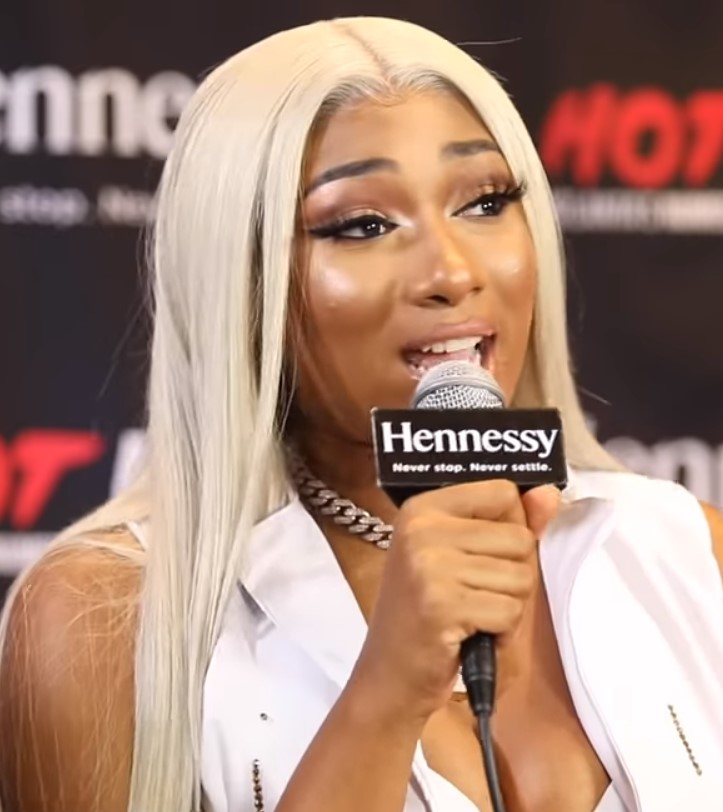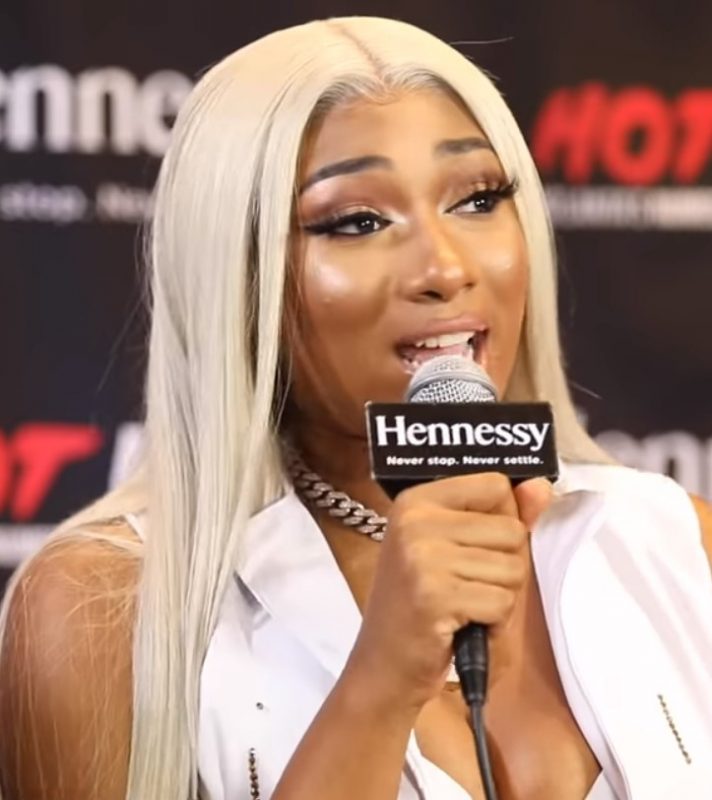Hyper-sexuality in female rap


While rap remains a male-dominated genre, more female rappers have become popular in recent years. From new artists such as Megan Thee Stallion and Latto to icons like Nicki Minaj who continue to rule the charts, there are now many mainstream rap songs sung by women. Even so, their top hits lack diversity.
Spotify’s most streamed female rappers as of late are Doja Cat, Nicki Minaj, Megan Thee Stallion, Cardi B and Latto – with over 176 million listeners collectively. Doja’s top song on the platform is “Woman”, an afrobeats track about the divine feminine. Minaj’s recent hit is “Super Freaky Girl”, a song about her skills in bed. Both Megan and Cardi’s most-streamed track is their collaboration “WAP”, which stands for ‘wet ass pussy’ and is true to its name. The same goes for Latto’s top song “Big Energy”, a reference to ‘big dick energy’.
I love all these songs and stream them regularly. But it doesn’t take a fan to notice the pattern in mainstream female rap today. There are outliers, like the aforementioned “Woman”. Overall though, sex sells. That’s no surprise and can be said for almost any industry. However, women sexualize themselves more often in rap than in most other music genres.
Take well-known female pop stars such as Taylor Swift, whose biggest Spotify hit is “I Don’t Want to Live Forever” ft. ZAYN. Despite being for the 50 Shades Darker soundtrack, the song’s content isn’t sexual and instead describes missing an ex. Dua Lipa, another female pop star, is known for feel-good songs about living in the moment like “Don’t Start Now”. In addition, Ariana Grande’s most-streamed track “Thank U, Next” is about learning from past relationships.
Female pop music is hardly devoid of sexuality- all the artists mentioned have tracks about sex. But female rap hits are overwhelmingly sexual, while top songs by women in other genres are more diverse.
There’s nothing wrong with sexualizing yourself per se; some third-wave feminists consider it empowering in a culture that used to shame female sexuality. After all, male rappers and artists in general get far less backlash for their sexual content. But it shouldn’t be a requirement for female artists to get famous. What does it say about the way we view women if the content from female rappers that we make the most successful nowadays is almost always hyper-sexual?
Many people, for instance, know of Minaj’s “Anaconda”, a song about butts. Fewer people are familiar with “The Crying Game”, her emotional song about a conflict-addled relationship. It has around 40 million Spotify streams compared to over 388 million for “Anaconda”.
Minaj’s older hits aren’t as sexual, from the crush anthem “Super Bass” to the confident party track “Starships.” As Western culture has become more sexual in recent years, so has her content- and she’s far from the only one.
In a way, many female rappers are just working the system to their advantage. It’s not their fault sex sells, they’re merely following industry trends that have made other women successful. Ultimately though, hyper-sexuality serves the same crowd as purity culture did; men.

